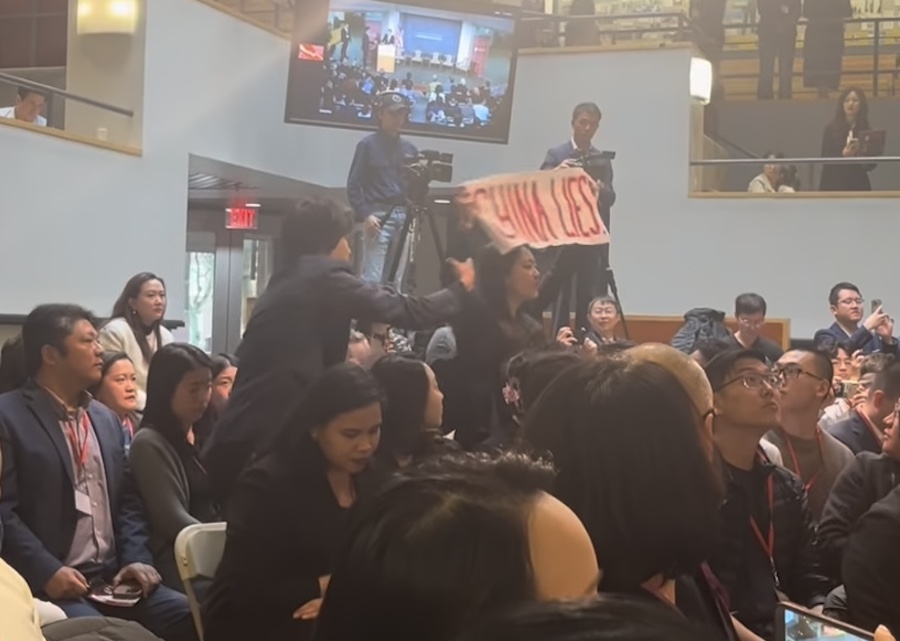By Kalsang Rinchen
Dharamsala, November – India has said it is keeping a “constant watch” on all development projects of China that have a bearing on India’s security. Indian external affairs minister S M Krishna told the Lok Sabha, Indian parliament’s lower house, that India is aware of China developing rail links in its border areas, including Tibet (occupied by China in 1959) and Xinjiang.
“Government is giving careful and special attention to the development of infrastructure in the border areas opposite China, in order to meet our strategic and security requirements and also to facilitate the economic development of these areas,” said Krishna in response to a question in the parliament.
“This includes the states of Jammu and Kashmir, Himachal Pradesh, Uttarakhand, Sikkim and Arunachal Pradesh,” Krishna said.
China’s developmental activities in the border region also includes the proposed extension of the Qinghai-Tibet Railway line up to Nyingchi in Tibetan region of Kongpo.
Krishna said the government is aware of China’s enhanced economic and technological capabilities in execution of infrastructure projects in developing countries, including the recent reports of a Chinese company wining a contract with the Sri Lanka Ports Authority for construction of the Colombo South Container Terminal.
China and India, two Asian giants have come face to face over number of issues including China’s objection last year to a visit by the Tibetan leader Dalai Lama to Arunachal Pradesh, India’s north eastern state that is claimed by Beijing as its territory. Indian government reacted by saying the Tibetan leader was an “honoured guest” and was free to travel anywhere in India as long as he stayed away from politics.
China also issued stapled visas to Indians from Kashmir which it considers a “disputed territory” and denied visa to a top Indian military official this year for serving in Kashmir, a move that was condemned by both ruling and opposition parties.









